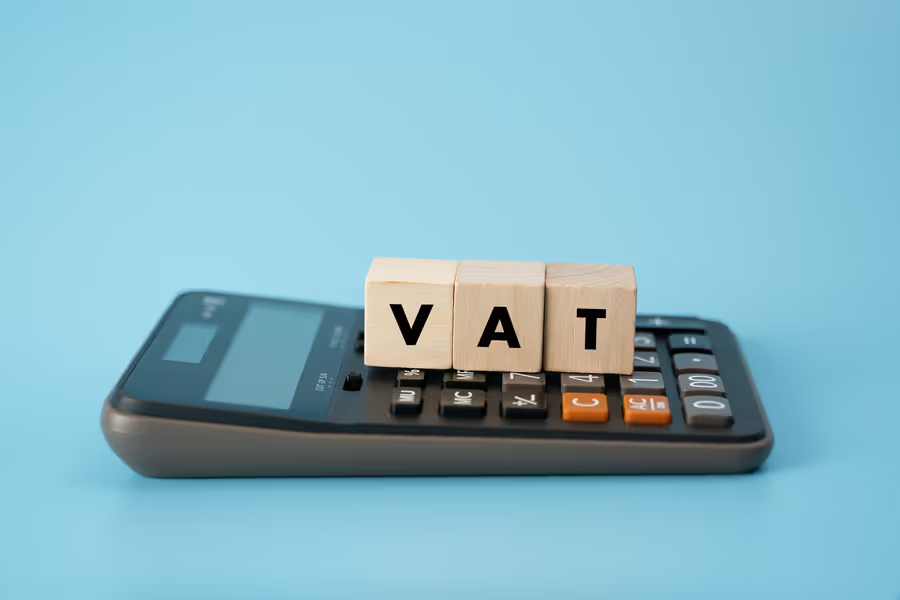Giving to charity is worthwhile. A small donation from you can make a big difference to the lives of people in need.
If you operate a Limited company, there are ways to make your donations go even further – for both you and your company.
How is donating to charity beneficial?
No matter who you are or what type of business you run, we'd encourage you to give to charities if you want to! However, when it comes to your business, there are some extra advantages to giving through your limited company that you'll miss out on by donating personally.
When you donate as an individual, a charity receives valuable income to support its cause, and you get the warm satisfaction of knowing you've done a good deed. When you donate as a limited company, you also get to claim tax relief.
What is Gift Aid?
Gift Aid is basically the government making a small contribution to the charity of your choice on top of your personal gift.
If you’re a UK taxpayer, all donations you make to a charity that offers Gift Aid are eligible for the scheme – assuming you pay enough tax (more information on working out your eligibility can be found on HMRC’s website).
For a charity to claim back Gift Aid, you’ll have to provide a declaration, either written or verbally, that you’re eligible. Most large charities include Gift Aid declarations on their donation forms or websites.
Donating through a limited company
If you make a donation to charity through your limited company, you can treat the payment as a business expense. This lowers your company's taxable profit and, therefore, reduces your Corporation Tax bill. Just be sure to keep all documentation supporting the donation.
The deduction is capped at the amount that reduces your profits to zero; it can't be used to create or increase a tax loss.
Donating through your limited company lowers your profits and, therefore, your Corporation Tax (for more information on lowering your Corporation Tax, you can check out our article on the subject). The rules only apply to donations made to national charities, however.
Crucially, these rules apply to donations made to UK-based charities and Community Amateur Sports Clubs (CASCs). Following a policy change, donations to EU and EEA-based charities are generally no longer eligible for UK tax relief as of April 2024.
Donating as a Sole Trader
If you’re a sole trader, or in partnership, then a donation to charity wouldn’t count as a day-to-day running cost of your business. This means that, if you pay the money from your business’s bank account, you would need to record this transaction as personal “drawings”, or a non-business transaction.
If you pay tax above the basic rate, you can claim the difference between the rate you pay and the basic rate on your donation. Do this either:
- through your Self Assessment tax return
- by asking HM Revenue and Customs (HMRC) to amend your tax code
So for a donation of £10, the charity could claim £2, and you would get £2 in tax relief, since the higher rate is 40% (for 2025/26 and 2026/27) and the charity has already claimed 20% of that.
What can I give to charity as a business?
It doesn’t have to be a straightforward financial contribution, you can also support those in need by donating:
- Equipment – If a business has surplus stock that has been used (e.g. office chairs, computers, printers, tools or vans/cars) these can be donated and capital gains allowance claimed against the equipment. Items that the business makes or sells can also be given to charity
- Land/property – Got a plot or office space you’re not using? Why not donate it? The market value might be eligible to be deducted from your profits reducing the amount of Corporation Tax you pay
- Employees – Sounds like a weird one, and it is. However, you can temporarily transfer an employee to work for a charity (known as a ‘secondment’) and claim this as a business expense. If an employee volunteers for a charity in work time, this also can be claimed. Companies must continue to pay employees during this time.
Want more business boosting content?
If you’re looking for more information on other business expenses besides charitable donations you could claim to reduce your Corporation Tax bill, then you can check out our “What expenses can I claim as a limited company?” article.
We also have a full range of helpful guides designed to help limited businesses on a range of topics. From ways to drive more users to your website to essential bookkeeping tips.

.svg)



.webp)








.avif)





